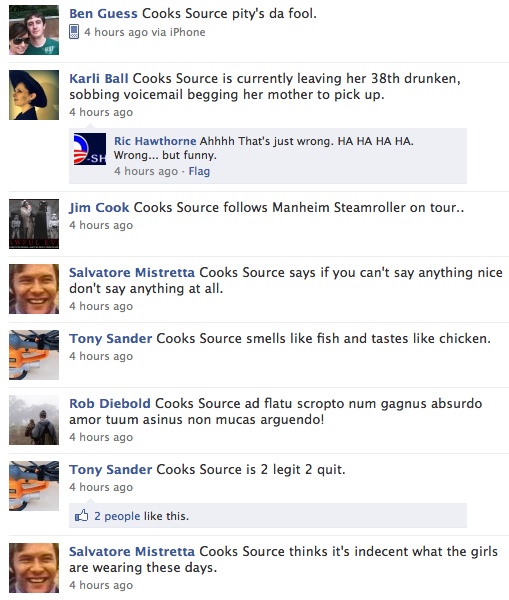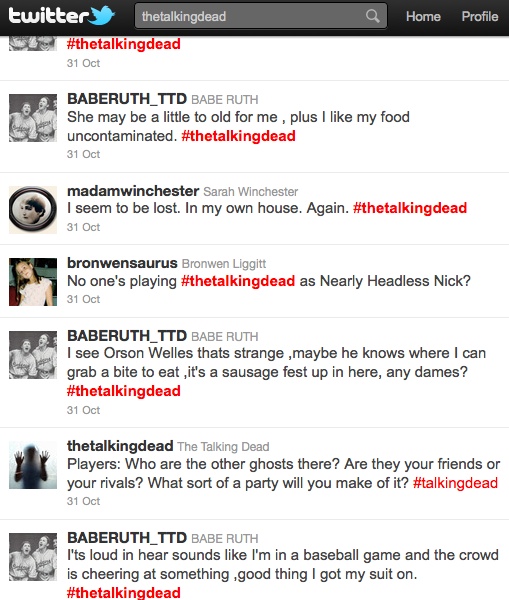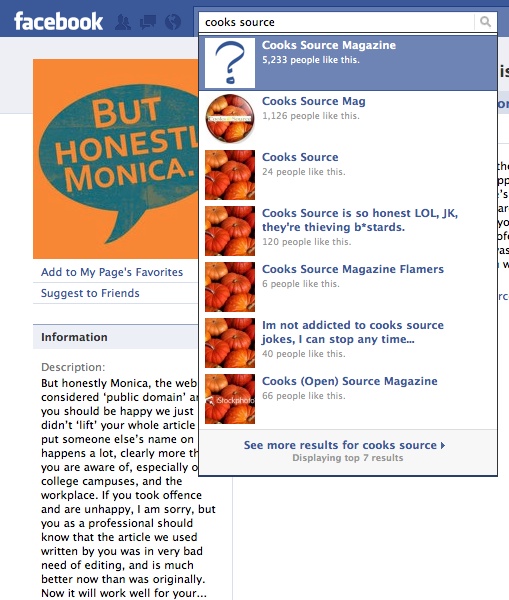“Our epoch is one in which space takes for us the form of relations among sites.”
About
Jeff Watson is an artist, designer, and Assistant Professor of Interactive Media and Games at the University of Southern California School of Cinematic Arts.
-
“Our epoch is one in which space takes for us the form of relations among sites.”
“Brothels and colonies are two extreme types of heterotopia, and if we think, after all, that the boat is a floating piece of space, a place without a place, that exists by itself, that is closed in on itself and at the same time is given over to the infinity of the sea and that, from port to port, from tack to tack, from brothel to brothel, it goes as far as the colonies in search of the most precious treasures they conceal in their gardens, you will understand why the boat has not only been for our civilization, from the sixteenth century until the present, the great instrument of economic development (I have not been speaking of that today), but has been simultaneously the greatest reserve of the imagination. The ship is the heterotopia par excellence. In civilizations without boats, dreams dry up, espionage takes the place of adventure, and the police take the place of pirates.”
“It is no surprise, then, that these other forms of “creating” are becoming an increasingly dominant form of “writing.” The Inter- net didn’t make these other forms of “writing” (what I will call simply “media”) significant. But the Internet and digital technolo- gies opened these media to the masses. Using the tools of digital technology—even the simplest tools, bundled into the most innova- tive modern operating systems—anyone can begin to “write” using images, or music, or video. And using the facilities of a free digital network, anyone can share that writing with anyone else. As with RW text, an ecology of RW media is developing. It is younger than the ecology of RW texts. But it is growing more quickly, and its appeal is much broader.”
– Full text of “Remix: Making Art and Commerce Thrive in the Hybrid Economy”
“[C]inema replaced all other modes of narration with sequential narrative, an assembly line of shots that appear on the screen one at a time. For centuries, a spatialized narrative in which all images appear simultaneously dominated European visual culture; in the twentieth century it was relegated to ‘minor’ cultural forms such as comics or technical illustrations. ‘Real’ culture of the twentieth century came to speak in linear chains, aligning itself with the assembly line of the industrial society […]. New media continue this mode, giving the user information one screen at a time. At least this is the case when it tries to become ‘real’ culture (interactive narratives, games); when it simply functions as an interface to information, it is not ashamed to present much more information on the screen at once, whether in the form of tables, normal or pull-down menus, or lists.” (232)
Online collaborative storytelling is an idea that people seem to get excited about in waves. At the peak of a given wave, designers and observers rightly express confidence that wholly new and powerful kinds of storytelling are just around the corner (or, indeed, are already happening all around us). Given the affordances of the Web and social media, this enthusiasm is perfectly justifiable. But in the troughs between these waves of excitement, cautionary voices express the very real difficulties of mobilizing, structuring, and sustaining collective storytelling practices. These voices question the ability of user-generated content to create the kinds of focused and meaningful narrative figures that can be found in more traditional storytelling forms. And then, inevitably, something happens that throws this pessimism into question, and the cycle continues.

Part of the reason the energy around collaborative storytelling moves in these cycles is that we’re still in the midst of a rapid and fumbling expansion of our understanding of the scope and potential of networked transmedia production. Our anxieties about the practicalities and capabilities of collaborative storytelling are a product of our natural tendency to seek out the familiar: by looking for ways that the interplay of crowds can create the kinds of feelings and experiences we get from single-author or closed-team texts like films, novels, and plays, we can sometimes lose sight of the fundamentally new kinds of narrative structures and experiences made possible by social media and pervasive computing.
Two recent collaborative storytelling events illustrate how a shift in the way we conceive of stories being produced and consumed can open up a world of new possibilities. The first of these is the latest in Jay Bushman’s Halloween-themed massively collaborative Twitter experiments, “The Talking Dead.” Bushman describes the project as an “interactive story event where you play a ghost that haunts social networks.” Players are invited to create fake Twitter accounts for dead people — usually celebrities, though Jay is careful to say that any kind of dead person will do — and then post status updates from beyond the grave. Andrea Phillips has written some brilliant coverage and analysis of the project, so I won’t delve much further into a description here.

What I find important about “The Talking Dead” and Jay’s other collaborative Twitter dramas is that they tackle the high-bar-to-entry problem that plagues so many collaborative storytelling ventures by letting go of the desire for central authorial control. True, Jay sets a very specific tone and frames the participation in a variety of ways in order to productively constrain the creativity of the participants; but he does not (indeed, largely can not) “police” the contributions: players are free to post whatever they want, and the tone and direction of the improvisation emerges through an organic push and pull. Further, all this collaboration is facilitated using free and popular web tools — Twitter for the status updates and Tumblr to aggregate and archive the content that gets created — which means that even a smallish turnout is more than worth it in terms of bang for the producers’ buck.
The second example I’d like to point out here takes the principle of emergence in collaborative storytelling a step further. In this case, the constraints for the collaboration themselves were created and iterated through a collaborative process, emerging out of a sense of outrage shared by the readers of a post submitted to Reddit and other link sharing networks. Obviously, it’s not the first time this sort of thing has happened on the interwebs, but it’s a great example of how a multimodal networked storytelling collaboration can emerge almost out of thin air:
The tale of writer Monica Gaudio hit the Web on Wednesday after she reported that her story, “A Tale of Two Tarts,” was apparently lifted and published by the print magazine Cooks Source with her byline, but without her knowledge or any compensation. After tracking down the editor at the magazine, Gaudio asked for an apology on Facebook and in the magazine, as well as a $130 donation to the Columbia School of Journalism.
Instead, she said she received a rather unexpected response from the editor, Judith Griggs, quoted in-part below:
“But honestly Monica, the Web is considered ‘public domain’ and you should be happy we just didn’t “lift” your whole article and put someone else’s name on it! It happens a lot, clearly more than you are aware of, especially on college campuses, and the workplace. If you took offense and are unhappy, I am sorry, but you as a professional should know that the article we used written by you was in very bad need of editing, and is much better now than was originally. Now it will work well for your portfolio. For that reason, I have a bit of a difficult time with your requests for monetary gain, albeit for such a fine (and very wealthy!) institution. We put some time into rewrites, you should compensate me! I never charge young writers for advice or rewriting poorly written pieces, and have many who write for me… ALWAYS for free!”
After Gaudio went live on her blog page with details of the transaction, and other blogs picked it up, it didn’t take long for the viral nature of the Internet to take hold. Cooks Source’s Facebook page, which had only around 100 “friends” beforehand, took on a whole new popularity, though probably not in the way the magazine wanted. (CNET)
A quick search of Facebook for “Cooks Source” now reveals a plethora of fictional oddities and improvisational story bits created by people for whom the story of Monica Gaudio struck a nerve. Some of the content unsettlingly straddles the line between comedy and a kind of cyberbullying; but in the mean, the tone of the improvisation is surprisingly unified: Cooks Source went too far and is now being snarked into submission via sarcastic comments posted to its Facebook page and fictional Facebook groups and pages like “But honestly Monica, the web is considered ‘public domain’.”

In contrast to “The Talking Dead,” participants in the Cooks Source intervention (for want of a better term) did not come to the activity in the spirit of “let’s pretend”; rather, their initial motivations were something like, “let’s do something about this” or “let’s punish this company for its thoughtlessness.” Storytelling and performance — across a variety of platforms and modes — was just the most natural and fitting way to achieve this objective. No one framed or guided the experience, but in the end, a miniature transmedia archive emerged, remixing the intended messaging of Cooks Source magazine [ed.: hey, shouldn’t there be an apostrophe in there?] to create a variety of satiric and comedic figures.
Neither of these examples tell stories in the manner we’re used to from our experiences with most other kinds of media artifacts — but the aggregate effect is undeniable: the spontaneous creation of a story world out of the bits and pieces of a collective improvisation.
“This belief that the viewer suffers from an epistemological lack that will be corrected by the artist brings the orthopedic aesthetic into surprising proximity to the rhetoric of advertising, which promises viewers access to a more prestigious or enlightened social identity if they engage in the requisite act of consumption.” (88)
“Metaphor time: imagine a desert, seen from above. There are many branching paths leading to many villages. When travellers cross the desert, you can clearly see the route they take, where they stop off, and so on. But what if night has fallen? Then, all you can see are the little fires in the villages. Occasionally, travellers emerge from the darkness and sit by the fires for a while, and then move on. But the routes they take between those fires belong to them alone.
All of which is a fancy way of saying that, while we control the actual chunks of the story, the paths between them belong to the player alone, and that’s a big deal. Just as in a film the story is told through the edit, in Echo Bazaar, the story is told through the darkened paths between the fires. In cinematic terms, it’s a montage: we provide the shots, the player does the arrangement.”
“Is it possible to imagine an artwork that would retain the power to challenge fixed or conventional meanings without dividing its audience into philistines and cognoscenti?” (22)
“It denotes an activity aimed at creating situations, as opposed to passively recognizing them in academic or other separate terms. At all levels of social practice or individual history. We replace existential passivity with the construction of moments of life, and doubt with playful affirmation. Up till now philosophers and artists have only interpreted situations; the point now is to transform them. Since human beings are molded by the situations they go through, it is essential to create human situations. Since individuals are defined by their situation, they need the power to create situations worthy of their desires. This is the perspective in which poetry (communication fulfilled in concrete situations), the appropriation of nature, and complete social liberation must all merge and be realized. Our era is going to replace the fixed frontier of the extreme situations that phenomenology has limited itself to describing with the practical creation of situations; it is going to continually shift this frontier with the development of our realization. We want a phenomeno-praxis. We have no doubt that this will be the first banality of the movement toward the liberation that is now possible. What situations are to be transformed? At different levels it could be the whole planet, or an era (a civilization in Burckhardt’s sense, for example), or a moment of individual life. On with the show!”
“Of all the affairs we participate in, with or without interest, the groping quest for a new way of life is the only thing that remains really exciting.”